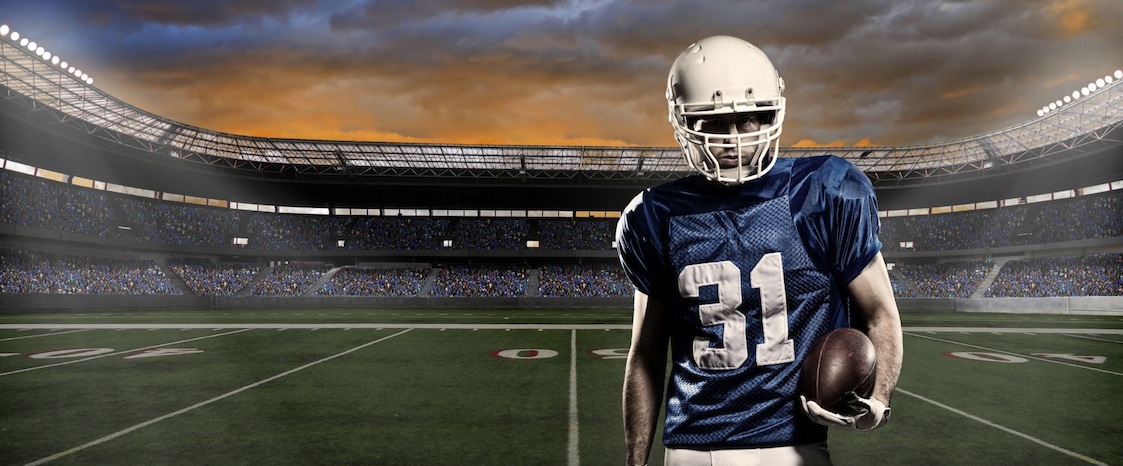The player’s association of the National Football League (NFL) has agreed to the revised drug policy proposed by the league. The revisions include the introduction of testing for human growth hormone (HGH), changes to the league’s DUI policy, as well as changes to the threshold for marijuana testing.
The NFLPA previously agreed to begin testing for HGH in 2011, but the agreement fell through when the union became concerned about the accuracy of HGH tests and the right of players to file an appeal to dispute a positive test. Testing will begin in 2014 as soon as the new policy is formally approved. The collecting of blood samples for HGH tests will be prohibited on game days.
HGH is a naturally occurring hormone produced by the pituitary gland. It has a number of medical uses that have been approved by the Food and Drug Administration (FDA), but is most often used for non-approved purposes, such as the growth of muscle mass and the improvement of athletic performance.
Changes to Illegal Drug Policy
The new NFL drug policy also has implications for players who test positive for illegal recreational drugs. Previously, players who were found to have 15 nanograms per milliliter (ng/ml) of marijuana in their system were considered to have a positive test and were suspended. However, the NFLPA had been protesting this threshold, maintaining that it was so low that someone in the vicinity of marijuana smoking could register a positive test. The new drug policy sets the threshold for a positive marijuana test at 35 ng/ml.
The new policy also changes the NFL’s approach to amphetamine tests. Currently, players who test positive for an amphetamine drug are sanctioned under the league’s performance enhancing drug policy. However, the new rules will place positive amphetamine tests during the offseason under the jurisdiction of the substance abuse policy rather than the performance enhancing drug policy. The rules will be applied retroactively, meaning that players who are serving current suspensions for offseason amphetamine-positive tests will have their suspensions lifted.
Suspensions for DIU Convictions
The NFL’s original proposal for drug policy revisions suggested that players who are accused of driving under the influence receive an immediate suspension. However, the NFLPA rejected this proposal. Ultimately, the accepted revision states that players will receive a two-game suspension only after they have been convicted of a DUI or after coming to a plea agreement for a DUI accusation.
10-Game Suspension for Fourth Violation
Another change agreed to by the NFLPA is the penalty for a fourth violation of the league’s substance abuse policy. Currently, Cleveland Browns wide receiver Josh Gordon is serving a one-year suspension for recording his fourth substance violation. Under the new policy suspensions will be reduced to 10 games.
Arbitration for Positive Tests
Players who test positive for substance violations under the new drug policy will have the chance to have an appeal heard by three to five arbitrators. The NFL and NFLPA have agreed to jointly select and pay for the arbitrators. Independent arbitration will also be used in cases where players believe a breach in confidentiality has occurred during the drug testing process.








